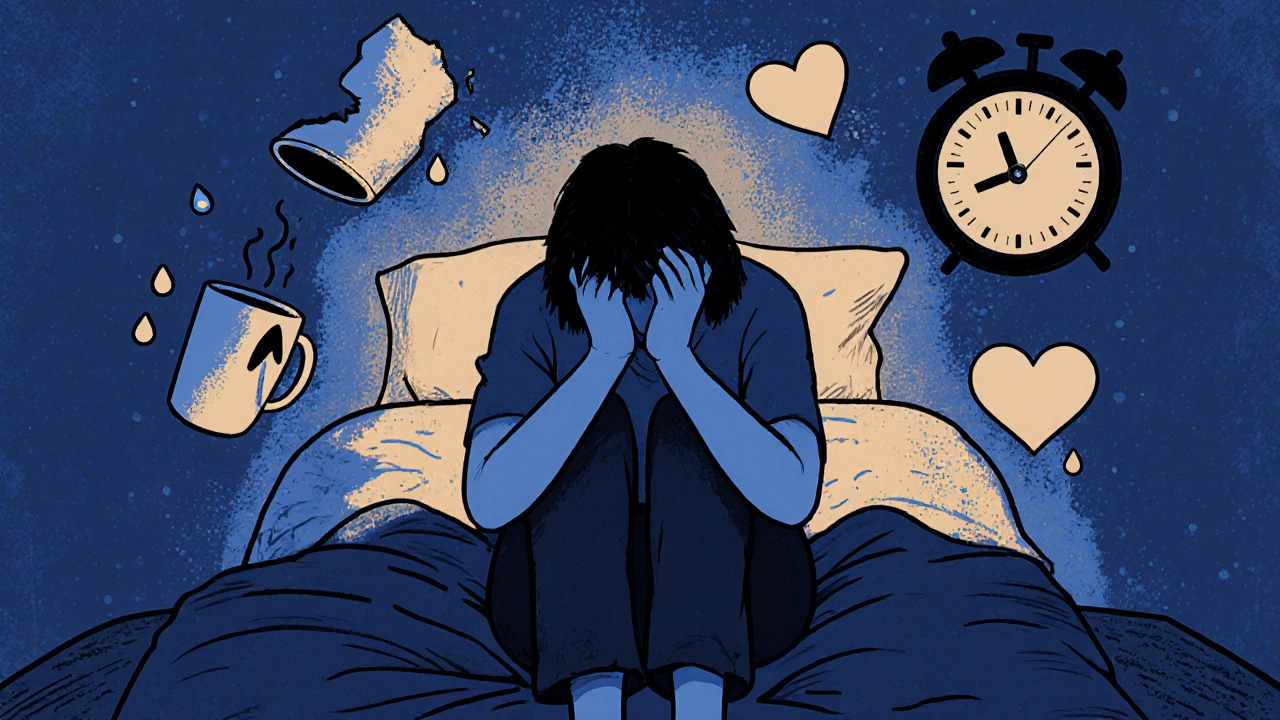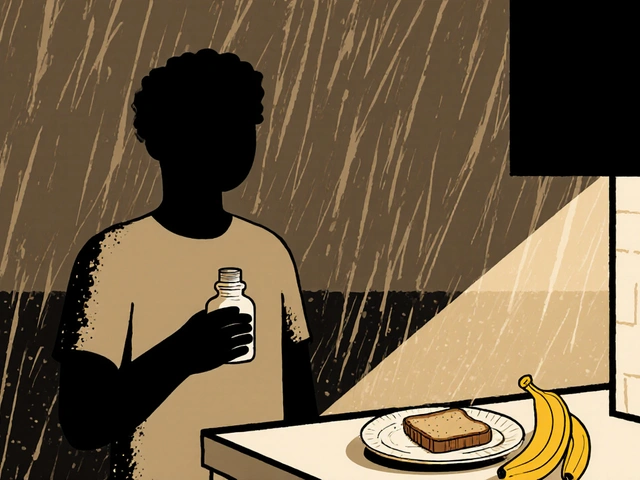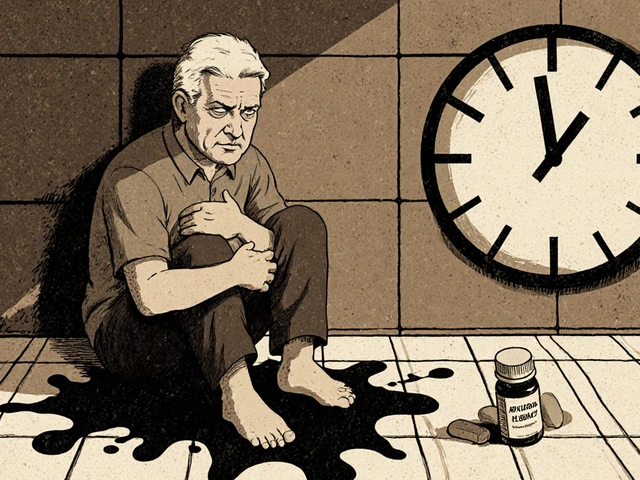Prednisone and Mental Health: How This Steroid Affects Mood and Behavior
When you take prednisone, a synthetic corticosteroid used to reduce inflammation and suppress the immune system. Also known as corticosteroid, it helps with asthma, rheumatoid arthritis, and autoimmune conditions—but it doesn’t just target your joints or lungs. It also reaches your brain. Many people don’t realize that prednisone can change how you think, feel, and react to stress. It’s not just about weight gain or trouble sleeping. For some, it brings on sudden anxiety, panic attacks, or deep sadness that doesn’t go away after the dose drops.
That’s because corticosteroids, hormone-like drugs that mimic cortisol, the body’s natural stress hormone. Also known as glucocorticoids, they directly influence neurotransmitters like serotonin and dopamine. When these brain chemicals get thrown off balance, your mood follows. Studies show up to 25% of people on long-term prednisone report noticeable mental side effects. Some feel hyper, irritable, or restless. Others slip into depression so severe it feels like a dark cloud stuck to them. In rare cases, people even develop steroid-induced psychosis—hallucinations, paranoia, or losing touch with reality. These aren’t rare oddities. They’re documented risks, especially with doses above 20 mg daily or when used for more than a few weeks.
It’s not just about the dose. Your age, past mental health history, and how fast your body clears the drug all matter. Someone with a history of depression is far more likely to crash emotionally on prednisone than someone without. And if you’re already dealing with chronic pain or a serious illness, the stress of the disease itself can mix with the drug’s effects, making it harder to tell what’s what. That’s why tracking your mood while on prednisone isn’t optional—it’s essential. Write down how you’re feeling each week. Notice if you’re snapping at loved ones, avoiding social calls, or having trouble getting out of bed. These aren’t signs of weakness. They’re your body’s signal that something’s off.
And here’s the thing: you don’t have to just live with it. Doctors know this happens. There are ways to manage it—lowering the dose slowly, switching to a different steroid, or adding short-term support like therapy or medication. The key is speaking up early. Too many people suffer in silence, thinking it’s all in their head. It’s not. It’s chemistry. And chemistry can be fixed.
Below, you’ll find real patient experiences and clinical insights on how prednisone affects mental health, what other medications might make it worse, and how to protect your mind while treating your body.

Prednisone can cause severe mood swings, anxiety, and depression in up to 47% of users. Learn proven coping strategies, when to seek help, and how to talk to your doctor about steroid-induced mental health side effects.
Continue Reading





